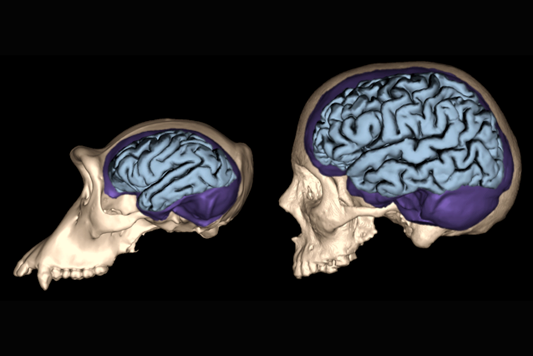In Frontiers in Psychology, researchers at the University of Cambridge speculated on a potential evolutionary basis for explorative bias, in which people with dyslexia are innately designated to explore the unknown due to human adaptation to changing environments.
The findings were made evident from all domains of analysis, including visual processing to memory.
“Striking the balance between exploring for new opportunities and exploiting the benefits of a particular choice is key to adaptation and survival and underpins many of the decisions we make in our daily lives,” according to one author of the study.
“The new findings are explained in the context of ‘Complementary Cognition’, a theory proposing that our ancestors evolved to specialize in different, but complementary, ways of thinking, which enhances human’s ability to adapt through collaboration.”
“This concurs with findings in the field of paleoarchaeology, revealing that human evolution was shaped over hundreds of thousands of years by dramatic climatic and environmental instability.”


